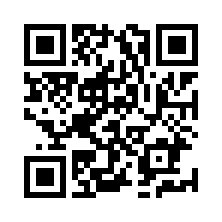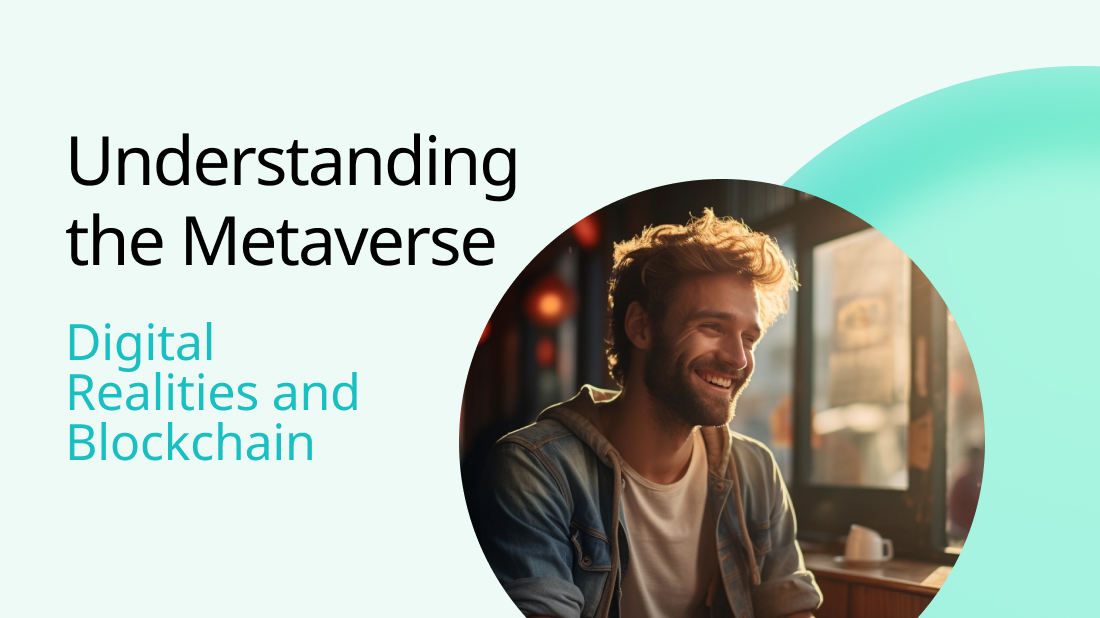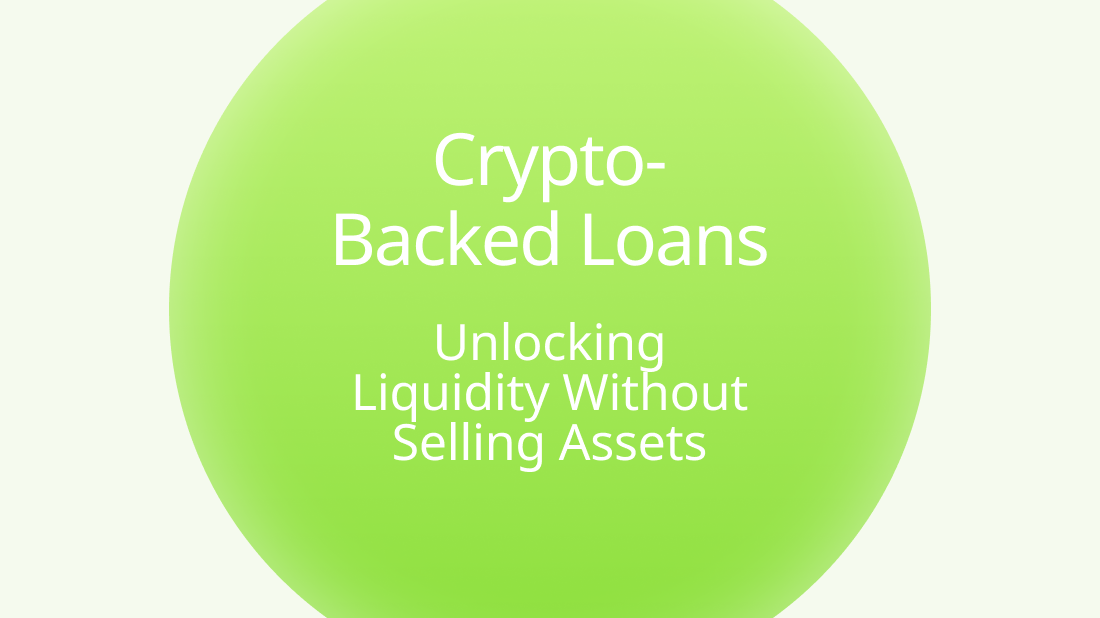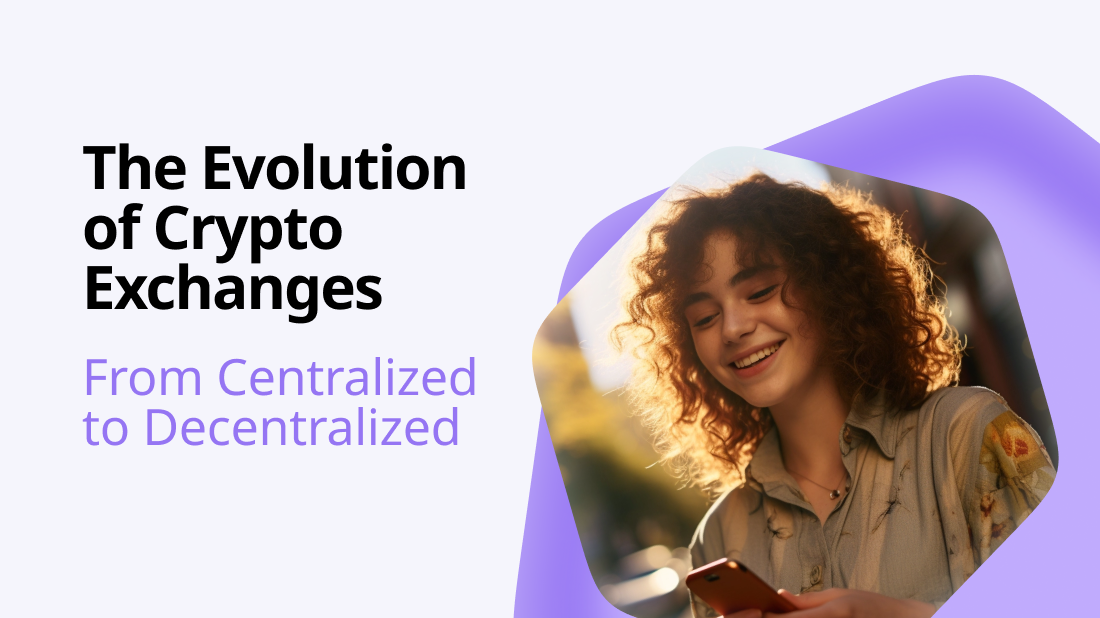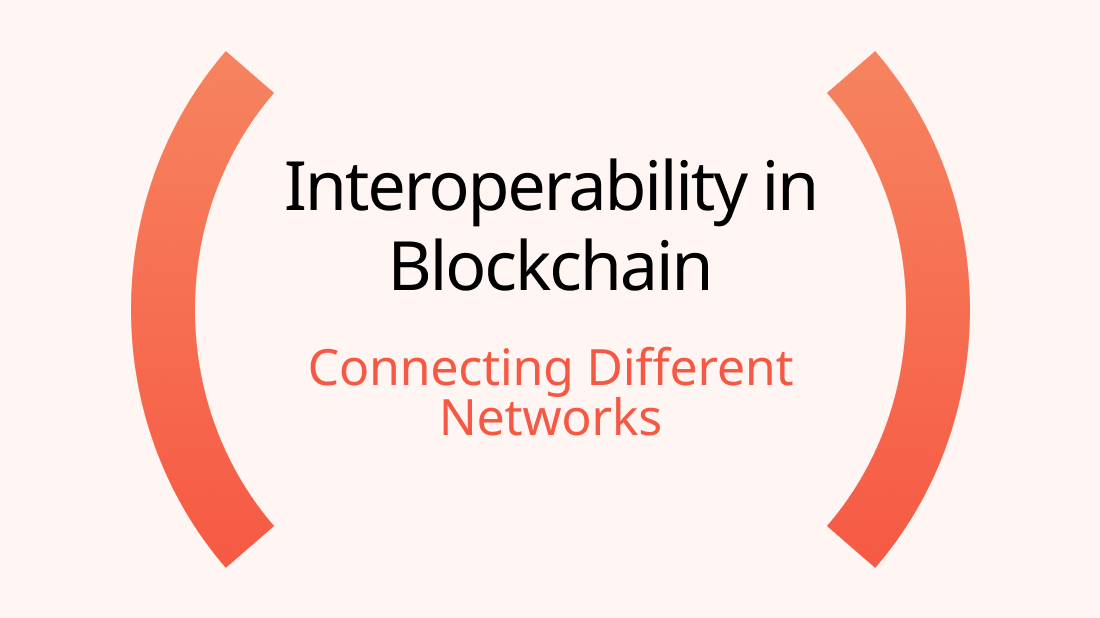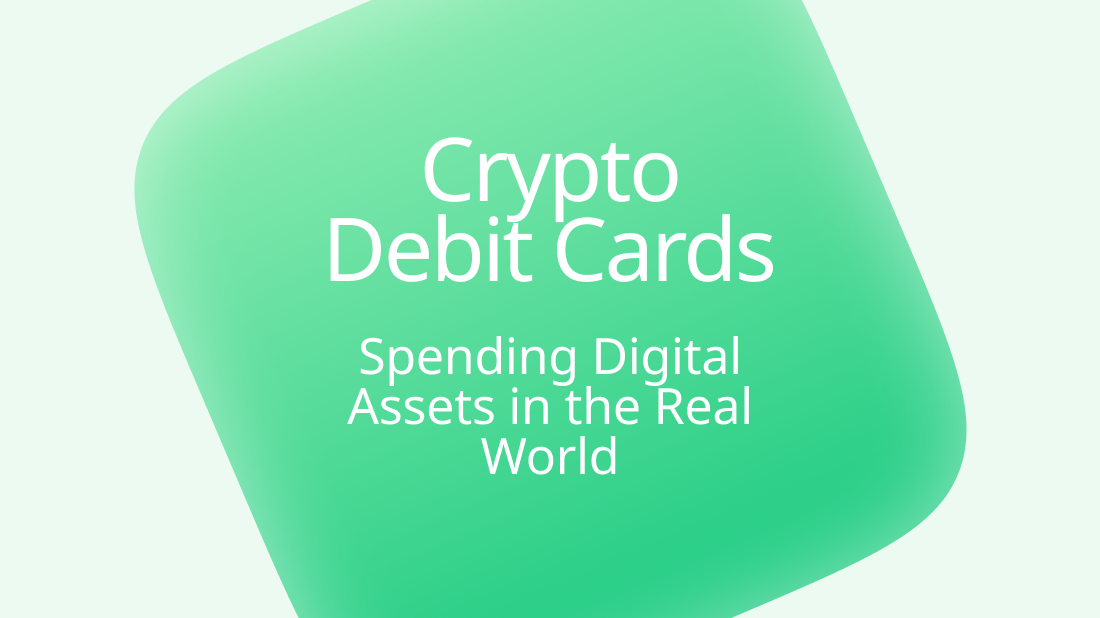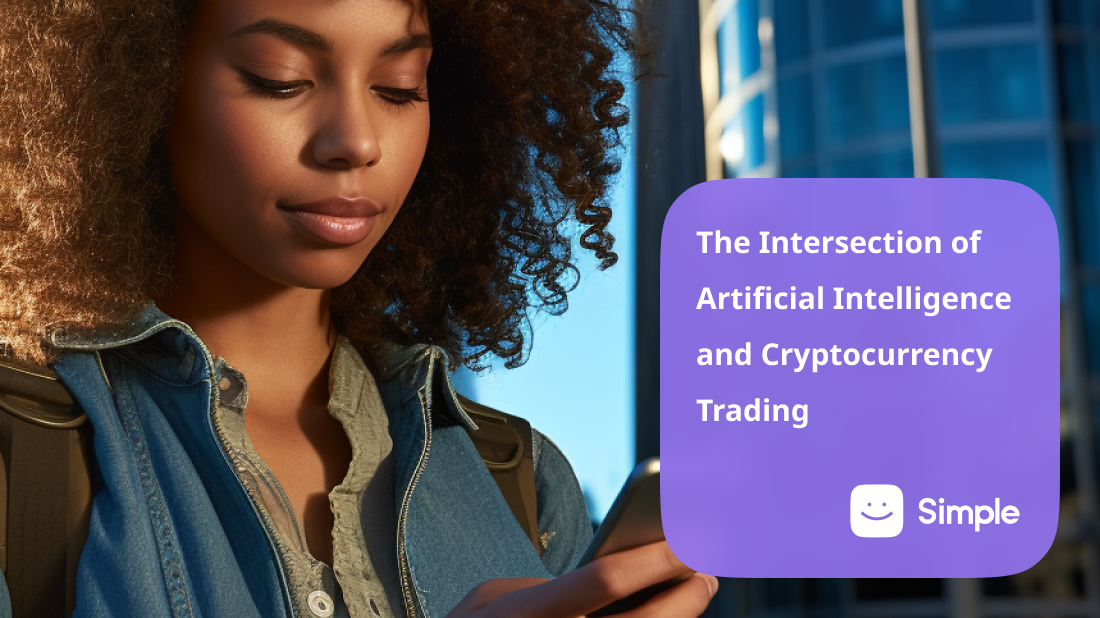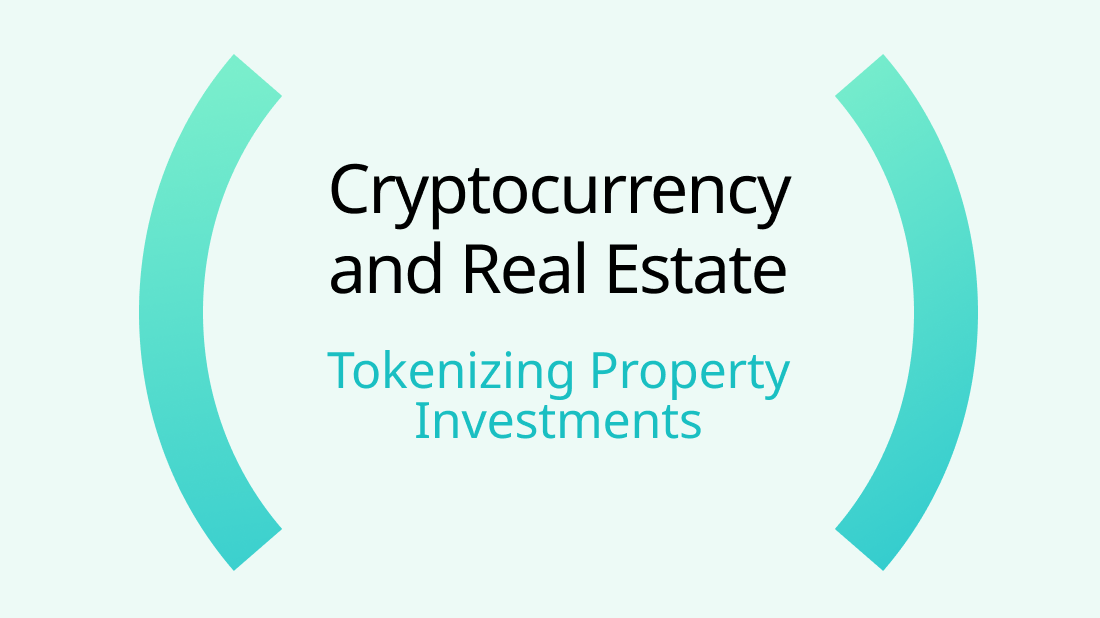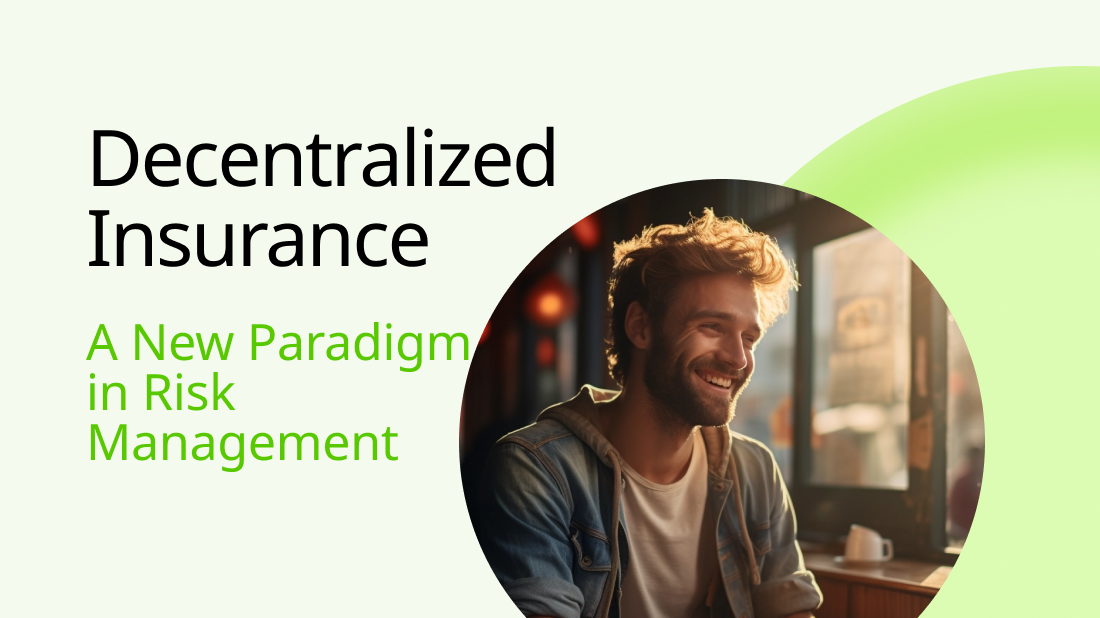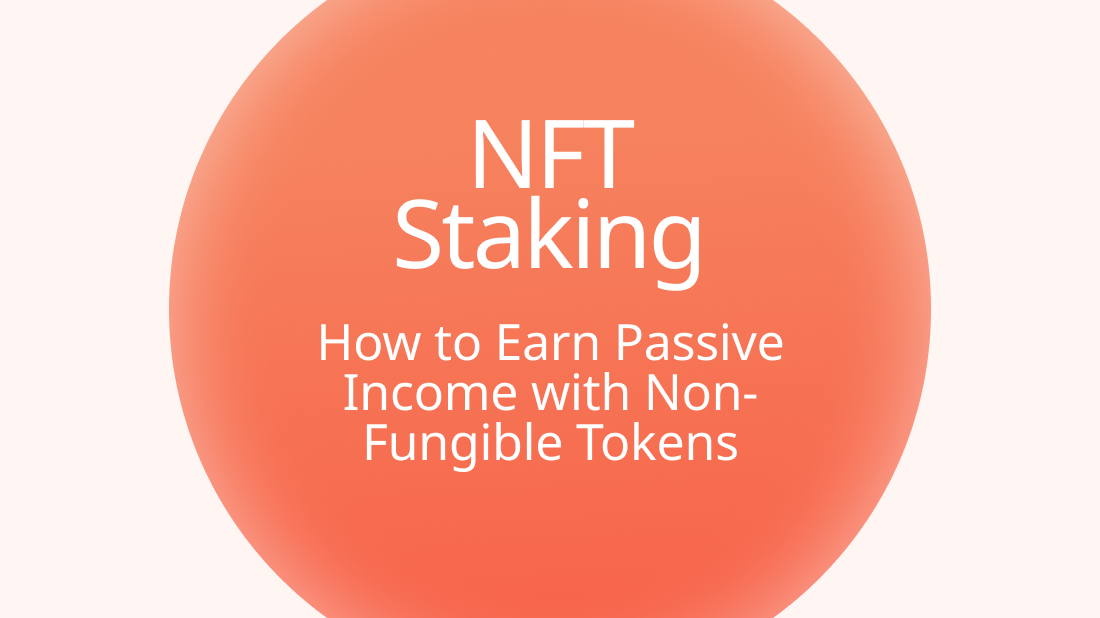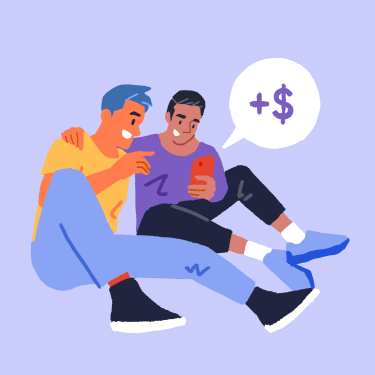The Rise of Decentralized Autonomous Organizations (DAOs)
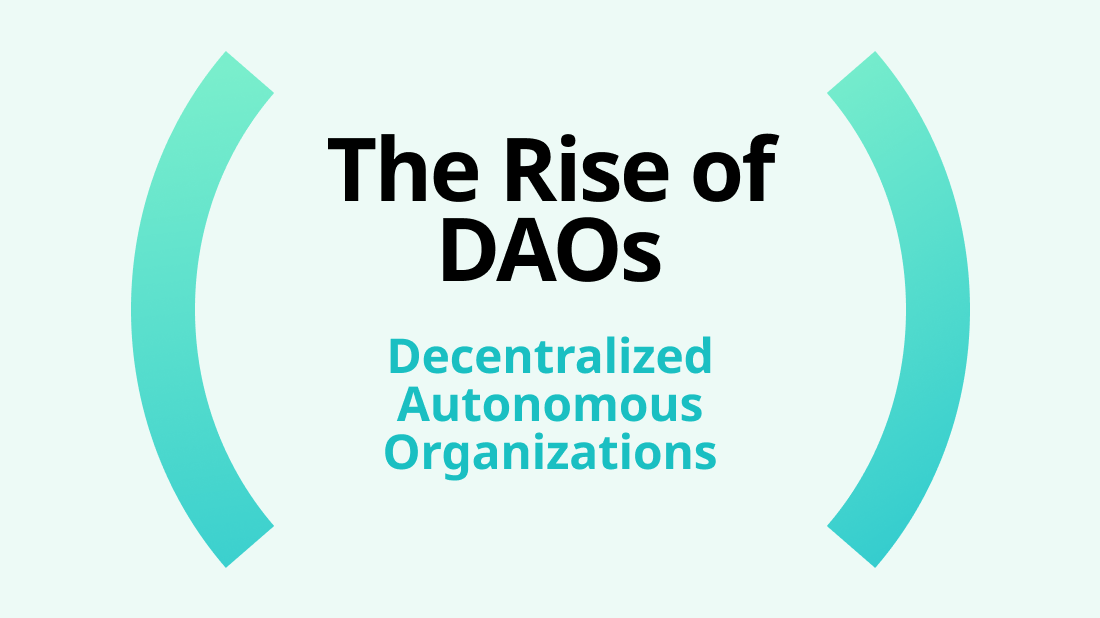
In the ever-evolving landscape of the crypto space, one concept that has garnered significant attention and is reshaping traditional organizational structures is the Decentralized Autonomous Organization, commonly known as DAO. As the crypto community seeks more decentralized and democratic ways of decision-making and resource allocation, DAOs have emerged as a groundbreaking solution, changing the way organizations operate and compensate their members. In this article, we'll dive deep into what DAOs are, their key features, and the transformative impact they're having on the business world.
What are DAOs?
At its core, a DAO is an organization represented by rules encoded as a computer program that is transparent, controlled by the organization members, and not influenced by a central government. These rules are typically written in code and are enforced on the blockchain, providing a trustless and decentralized framework for decision-making and governance.
In simpler terms, DAOs are entities that operate without a central authority, relying on smart contracts and the consensus of their members to make decisions, allocate resources, and govern the organization's operations.
Key Features of DAOs
- Smart Contracts:
DAOs are powered by smart contracts, self-executing contracts with the terms of the agreement directly written into code. These contracts automatically execute actions based on predefined rules, ensuring transparent and automated governance.
- Transparent Decision-Making:
Decisions within DAOs are often made through a transparent and democratic process. Each member typically has voting power proportional to their stake in the organization, enabling a decentralized decision-making mechanism.
- Token-Based Governance:
DAOs often utilize tokens as a form of governance. Members hold tokens that represent their stake in the organization, and decisions are made through a voting process where each token represents one vote.
- Resource Allocation:
One of the significant features of DAOs is their ability to allocate resources. This could include funding projects, investments, or any other activity agreed upon by the members. The allocation is executed through smart contracts, ensuring the automated and transparent distribution of resources.
The Evolution of DAOs in the Crypto Space
Early Challenges and Lessons:
The concept of DAOs gained prominence in 2016 with the launch of "The DAO," a crowdfunding project on the Ethereum blockchain. However, it faced a major setback when a vulnerability in its smart contract was exploited, leading to a significant portion of funds being drained. This event resulted in a contentious hard fork of the Ethereum blockchain and sparked debates on the viability and security of DAOs.
Modern Resurgence:
Since the early challenges, DAOs have experienced a resurgence, with advancements in blockchain technology and a growing understanding of security measures. Modern DAOs are becoming increasingly sophisticated, with a wide range of applications across various industries.
Transformative Impact on Organizations
- Decentralized Decision-Making:
DAOs eliminate the need for centralized decision-makers, giving every member an equal opportunity to participate in the decision-making process. This decentralized approach enhances transparency, fairness, and inclusivity within organizations.
- Global Collaboration:
DAOs facilitate global collaboration by allowing members from different parts of the world to participate in organizational activities without geographical constraints. This global reach enhances diversity and brings together a multitude of perspectives.
- Incentivized Participation:
DAOs often compensate members with governance tokens or other forms of value, providing an incentive for active participation. This alignment of interests fosters a more engaged and motivated community.
- Efficient Resource Allocation:
Through smart contracts, DAOs automate the process of resource allocation, ensuring efficiency and transparency. This feature is particularly valuable for projects that require decentralized funding and decision-making.
DAOs in Crypto Governance
Governance Tokens and Voting Power:
Many crypto projects and decentralized platforms utilize DAOs for governance. Holders of governance tokens in these DAOs have the power to propose and vote on changes to the protocol, influencing the direction of the project. This model empowers the community to actively participate in the evolution of the ecosystem.
DAOs Funding Development:
DAOs have become a popular mechanism for funding development in the crypto space. Projects can create a DAO to manage a treasury and allocate funds for ongoing development, marketing, and community initiatives. This decentralized funding model reduces reliance on traditional venture capital and promotes community-driven growth.
Interesting Facts about DAOs
The First DAO Hack:
"The DAO" hack in 2016 resulted in the loss of approximately 3.6 million Ether (ETH), leading to the contentious hard fork that resulted in the creation of Ethereum (ETH) and Ethereum Classic (ETC).
Aragon DAOs:
Aragon, a platform for creating and managing DAOs, has played a significant role in the resurgence of decentralized autonomous organizations. It provides tools and templates for creating DAOs with customizable governance structures.
DAOs in the Arts:
DAOs have expanded beyond the tech and crypto sectors. In the art world, projects like "FriendsWithBenefits" utilize DAOs to fund and govern collaborative art projects, demonstrating the diverse applications of decentralized organization.
The Future of DAOs: A Decentralized Frontier
The rise of DAOs marks a paradigm shift in organizational structures, challenging traditional hierarchies and empowering communities. As blockchain technology continues to mature and the crypto community learns from past experiences, DAOs are poised to become integral to the decentralized future.
The transformative impact of DAOs on decision-making, resource allocation, and compensation structures is reshaping how organizations operate. With a focus on transparency, inclusivity, and efficiency, DAOs represent a decentralized frontier that holds the potential to redefine how we collaborate, govern, and contribute to shared goals in the evolving landscape of the crypto era. The rise of DAOs is not just a trend; it's a movement towards a more decentralized and democratized future.

